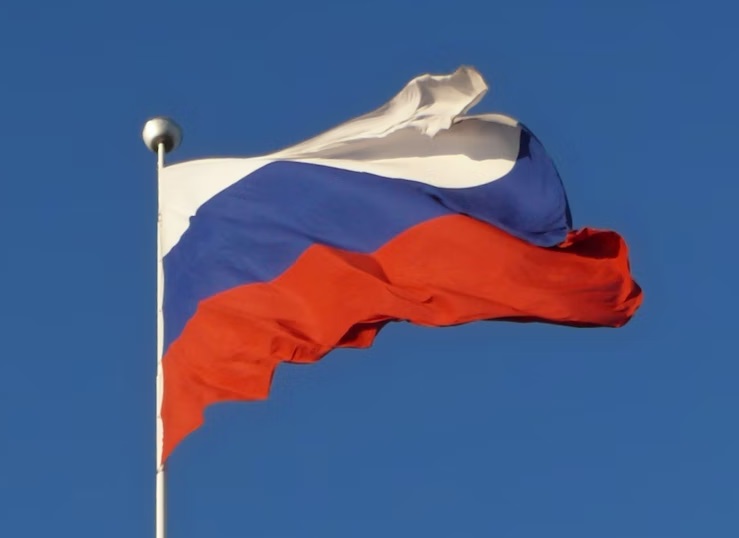A new Bloomberg report reveals leaders of the European Union are discussing imposing a windfall tax on profits being produced by over €200 billion ($217 billion) in frozen Russian central bank assets, so the funds can be expropriated to assist in the reconstruction of Ukraine.
According to sources familiar with the matter, on Thursday, during a summit in Brussels, the leaders explored the option, even though there remains a wide range of unresolved issues regarding how the sanctioned funds will be used.
Hundreds of billions of Russian central bank holdings were frozen by the EU and its allies as part of the sanctions levied against Russia following the military action in Ukraine. The funds are expected to produce roughly €3 billion in interest. Half of the frozen funds are in cash and deposits, while a “substantial amount” of the remainder are in securities.
It was concluded that among a myriad of other options discussed, the windfall tax option was the least problematic, according to Bloomberg. The outlet added, however that there were concerns of legal risks which could lead to the action eventually being challenged in court. “Some argue that the interest and profits generated from the funds stem from sanctioned assets that ultimately belong to Russia,” the outlet noted.
Various experts have warned that taxing and seizing any profits from the reserves is a complicated process from a legal perspective. In addition, several leaders at the summit were also concerned about that, according to Bloomberg. In addition, officials from the European Central Bank warned that other official reserve holders could become alarmed by the precedent, and in response, turn their back on the euro.
Another option which was considered, was utilizing a legal entity to invest the funds, and then utilizing the profits for the reconstruction of Ukraine. However that was concluded to be legally dubious, and too complex. Meanwhile, outright seizure of the assets has also been determined to not be possible.
German Chancellor Olaf Scholz said of seizing the funds on Friday, “It’s all terribly complicated, and no one now knows what is even possible and how.”
Austrian Foreign Minister Alexander Schallenberg has noted that if the Russian assets were to be confiscated and given away, and then it were legally challenged, and the courts later overruled the move once the funds were gone, it “would be a diplomatic and economic disaster.”
Bloomberg reported that the US and EU have had discussions regarding the plans, with the Biden administration continuing to be informed of their progress. It is expected discussions will continue throughout the coming days and weeks.
For its part, the Kremlin has continually noted that if Western governments attempt any seizure It would be an illegal theft under international law.

